Photo credits: Unsplash 2022
Cart
Your cart is empty
Your deodorant
Definitely in the top 5 most harmful everyday industries alongside the fashion industry: care products. You wouldn't believe the substances that lurk in some toiletry bags. Do you still remember the issue of aluminum in deodorants? Exactly. And many ingredients are still not vegan. There are an incredible number of deodorants that contain gelatin or gelatin crosspolymer. These are supposed to prevent the development of odor-causing bacteria. The gelatin in care products is usually made from fish scales or animal bones and tendons. In addition, many products are still tested on animals - even if they say vegan on the label. Real natural cosmetic products are usually clearly labeled. This way you can see whether a deodorant cream, for example, is vegan and not tested on animals - and you can tell from the ingredients whether it really is made without aluminum salts, which only clog the pores.
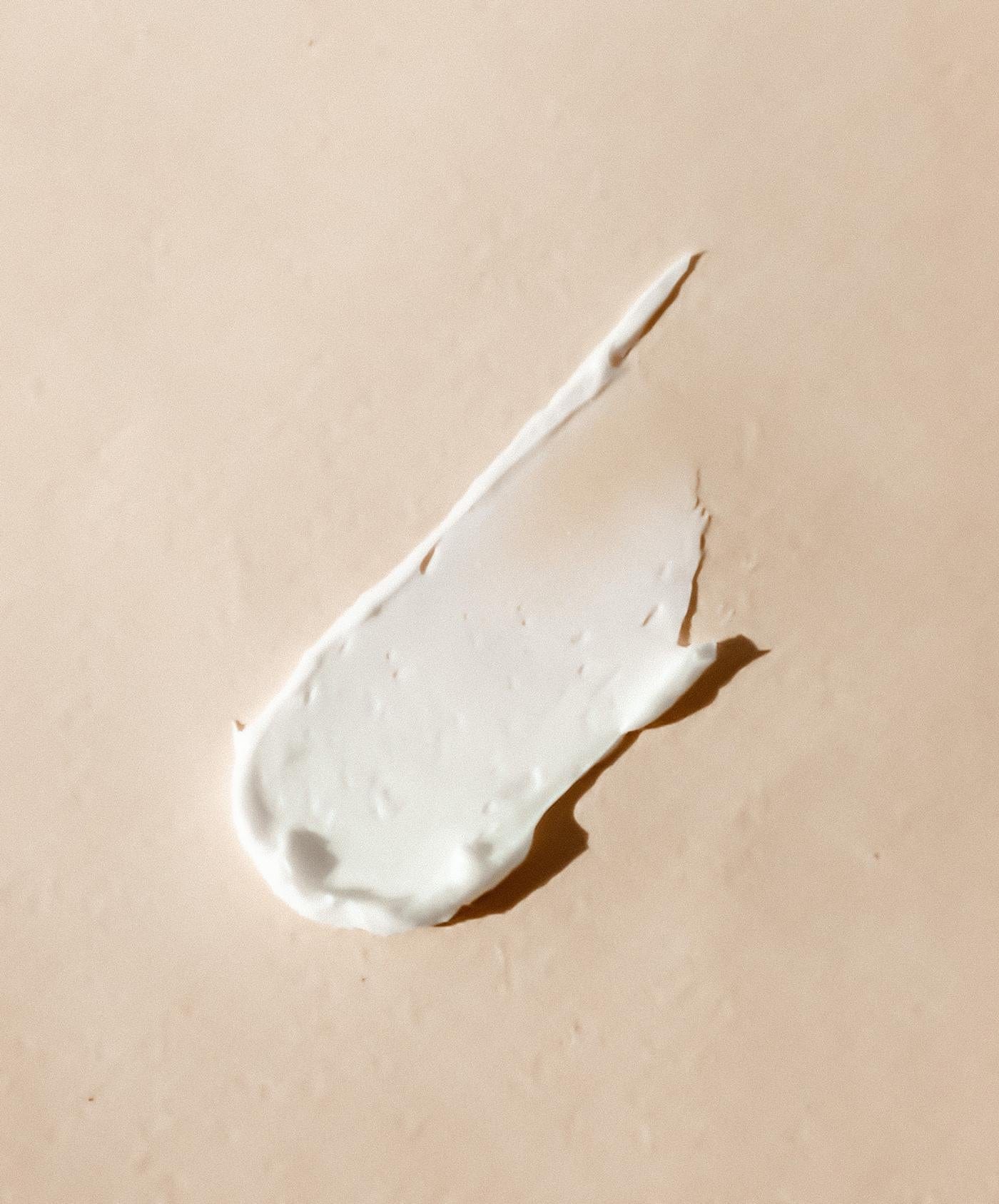
Your ballpoint pen
Isn't it worth looking for the vegan seal when it comes to stationery? Eat this: wax crayons are not always vegan (keyword: beeswax), ballpoint pens often contain animal gelatine to make them glide, markers are not always free from animal testing. And even with pencils, it depends on which varnishes are used, how the wood of the pencil is glued, whether the adhesives contain milk protein or bone glue. Also be careful with the paper you write on. To this day, common printing processes use adhesives that contain components of animal origin. In bookbinding, for example, gelatine glues are used, which are obtained from animal hides. Or glutin glues, which contain gelatine. The good news: there are many printing companies like oeding print that now focus on sustainable and vegan production.
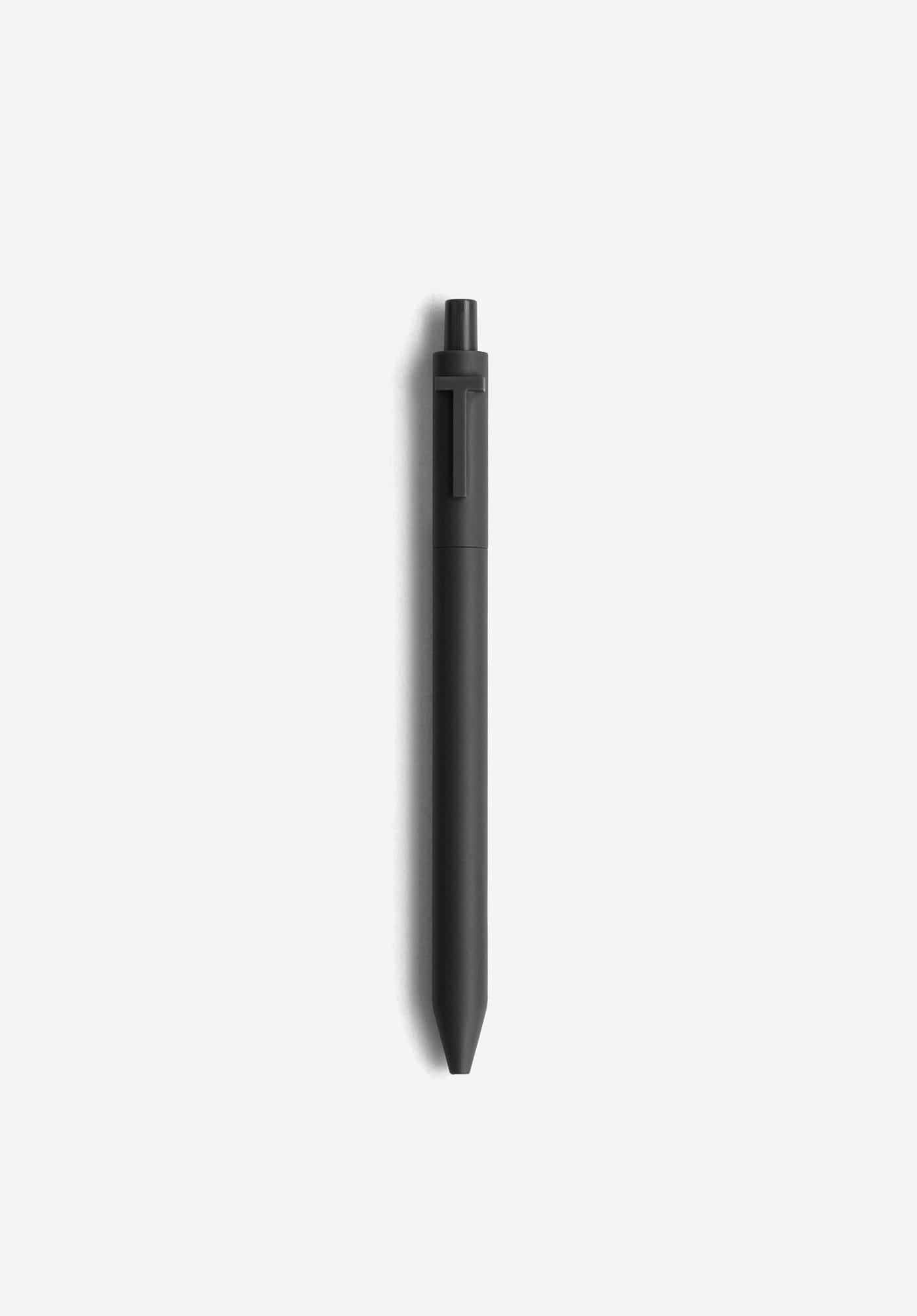
Your pretzel
What many vegan sympathizers may not yet know: pretzels are not automatically vegan. A pretzel is traditionally made from pretzel dough, i.e. flour, yeast, water, salt and baking soda for the lye. So far, so good. But many traditional bakeries also add lard to their pretzels. This makes the dough more elastic and makes it easier for the machines to process. Especially with fresh dough that has not been left to rest for long. Second catch: This is not so easy to recognize, because the use of lard or butter does not have to be labeled. But bakeries usually have ingredient lists. So if in doubt, ask! The good news: Most bakeries no longer use lard. Vegetable oils are simply cheaper.
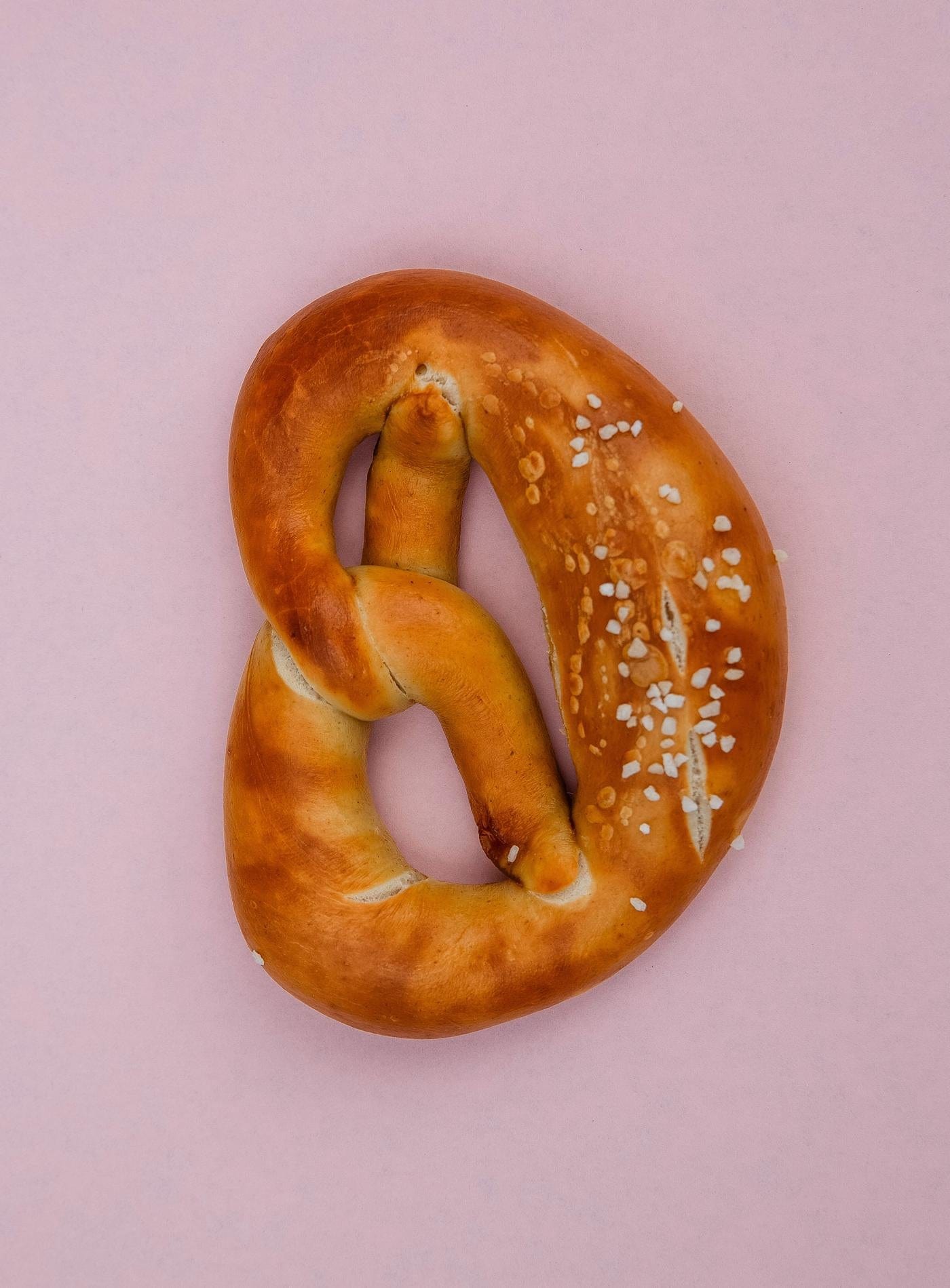
Your cereal bar
Bars are delicious, practical and fit in any bag. But somehow all the ingredients have to be held together in the form of a bar. The "glue" used for this often contains gelatine. And some bars that advertise that they do not contain any refined sugar often also contain another animal ingredient: honey. It's worth taking a look at the label. And with these cereal bars you are guaranteed to be on the safe side.
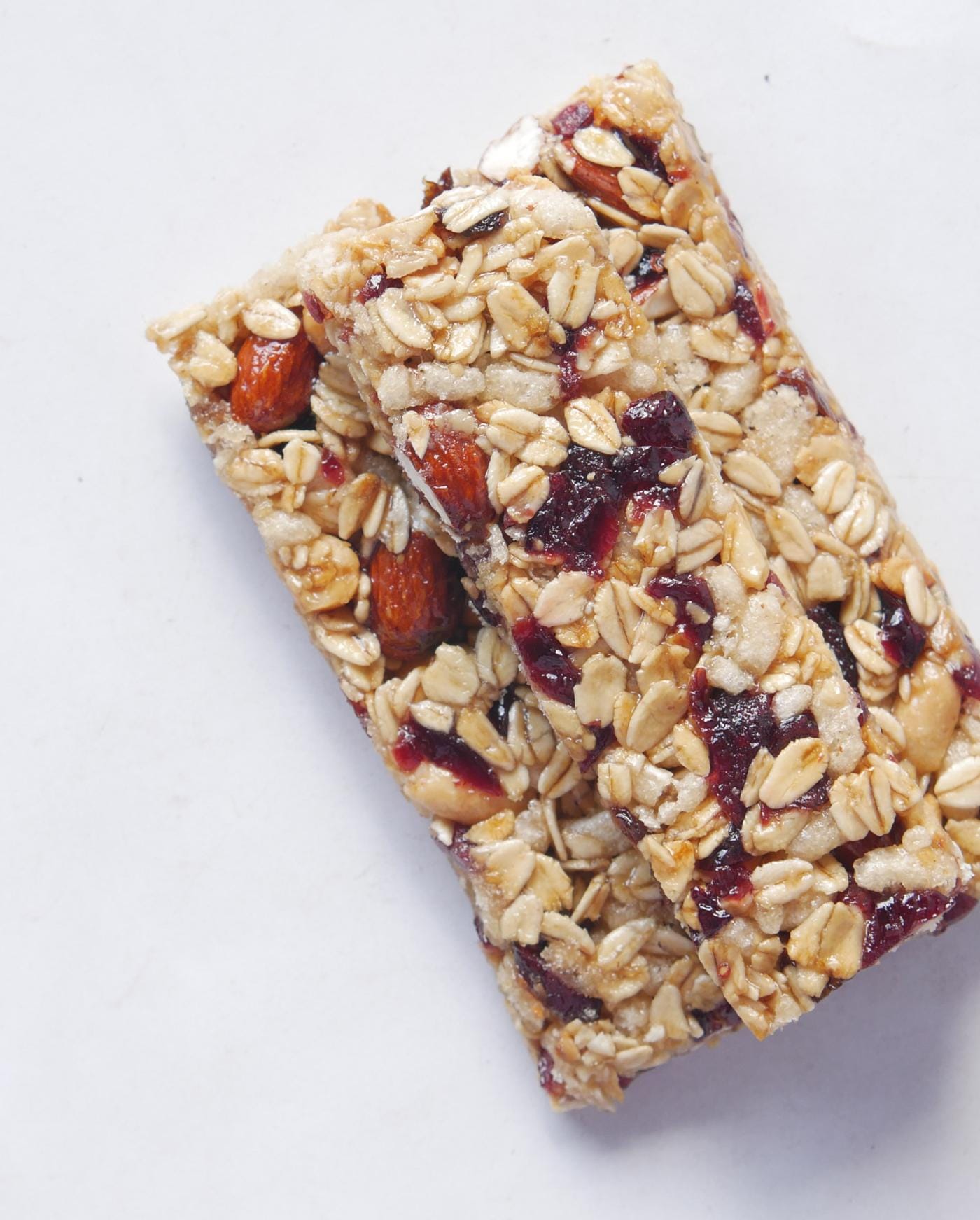
Your nail polish
In beauty products, it is mainly the color and effect pigments that are not vegan. Red nail polish, for example, is usually made with carmine. On the packaging, this is also called "cochineal" or "CI 75470". To obtain this red pigment, scale insects are crushed. Fish scales are also used as colorants. Beauty brands such as "Gitti" and "Kia Charlotta" offer plant-based nail polishes and do not use any questionable ingredients. There is now also an artificial substitute for carmine - in food it is called E 124 (ever wondered why salmon always shines so "beautifully" red?) - in cosmetics the substance is used as CI 16255. The problem: the color belongs to the group of azo dyes, which are suspected of being carcinogenic.
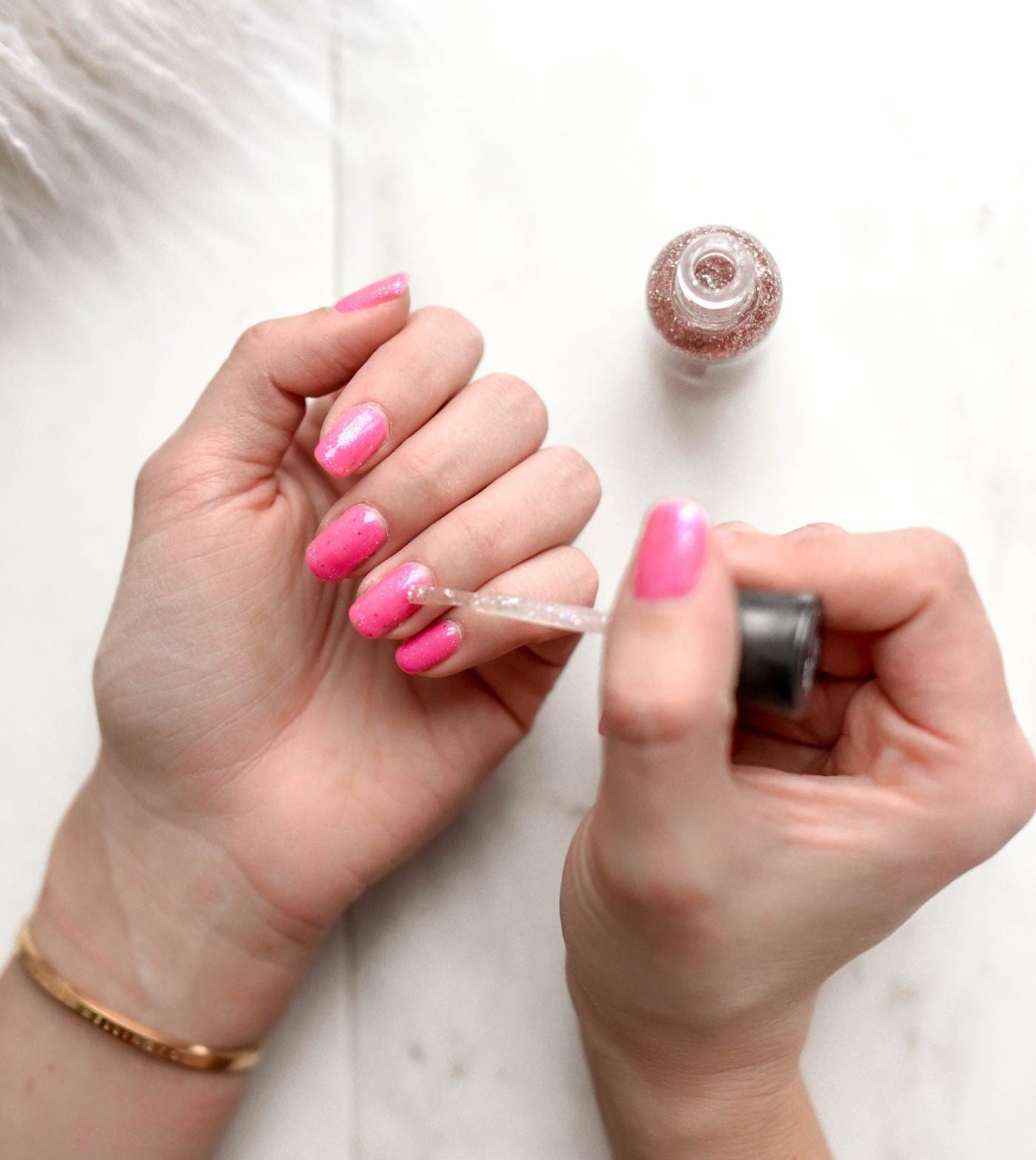
Your cleaning product
Most cleaning products and washing powders contain surfactants as dirt removers. These cause two immiscible liquids to mix - practical for cleaning, but not good for vegans. Surfactants are often based on animal fats. Warning: Surfactants made from non-animal fats are also not safe to use because they are made from petroleum or palm oil. The vegan alternative? If you want to be on the safe side, it is best to use tried and tested household remedies when cleaning: vinegar or vinegar essence, citric acid, soda, baking soda and curd soap. You can also make your own detergent pretty easily: finely grate 100g of curd soap with a grater and mix with 150g of washing soda, 150g of baking soda and 100g of citric acid powder.
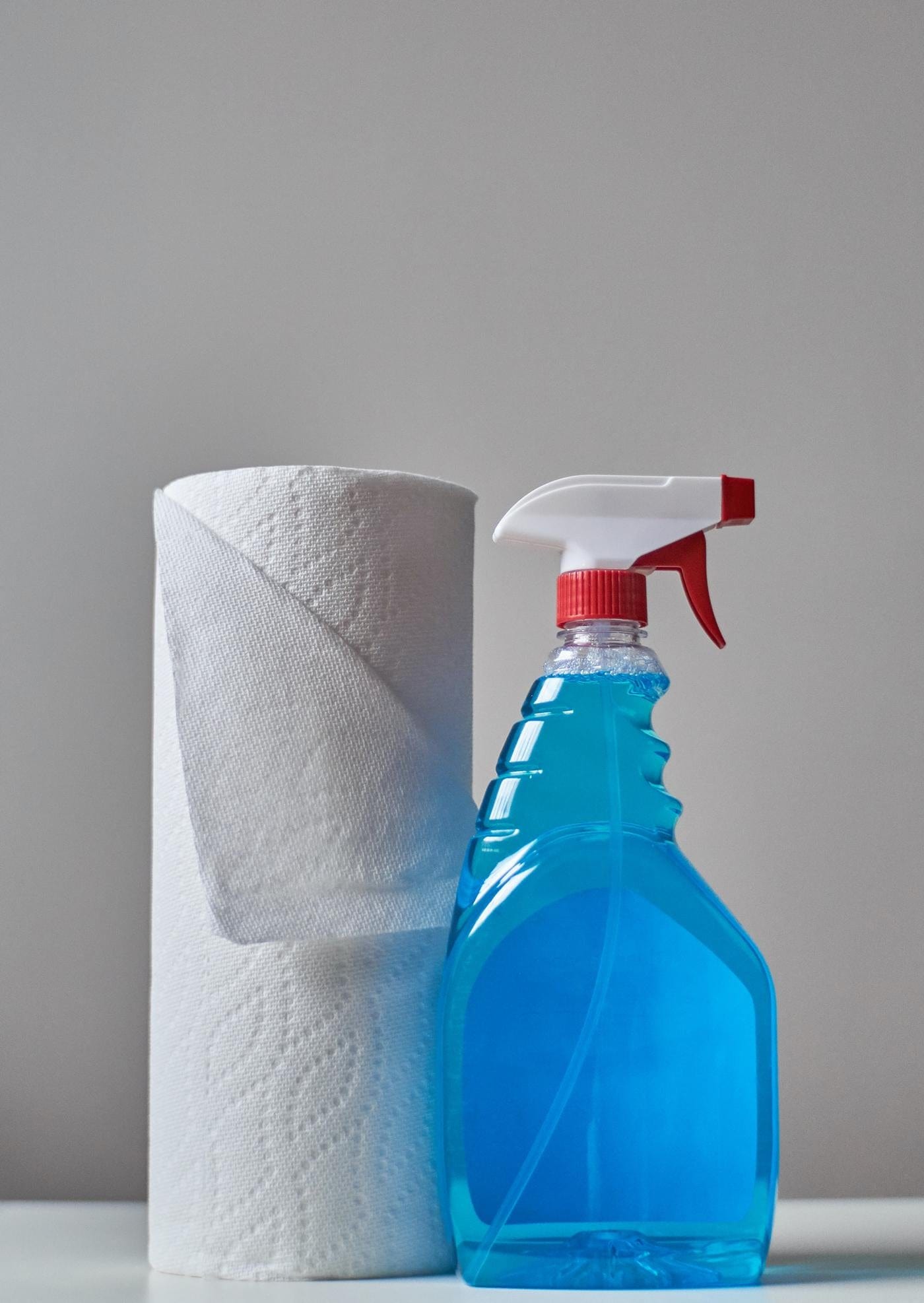
Your chocolate
Most chocolates sold in Germany are not vegan. Incidentally, not all chocolates at share are vegan either, but almost all are. And there are good reasons for this: a high cocoa content is a quality indicator of good chocolate anyway, and instead of animal cow's milk, plant-based milk or syrup powder made from rice, almonds or soy can be used. Dark chocolate with a cocoa content of at least 60 percent usually does not contain milk and is therefore "automatically" vegan. But: to make the chocolate creamier, clarified butter is often added instead of cocoa butter. So it's worth taking a look at the list of ingredients. If you prefer light chocolate: almond flour can also make chocolate light.
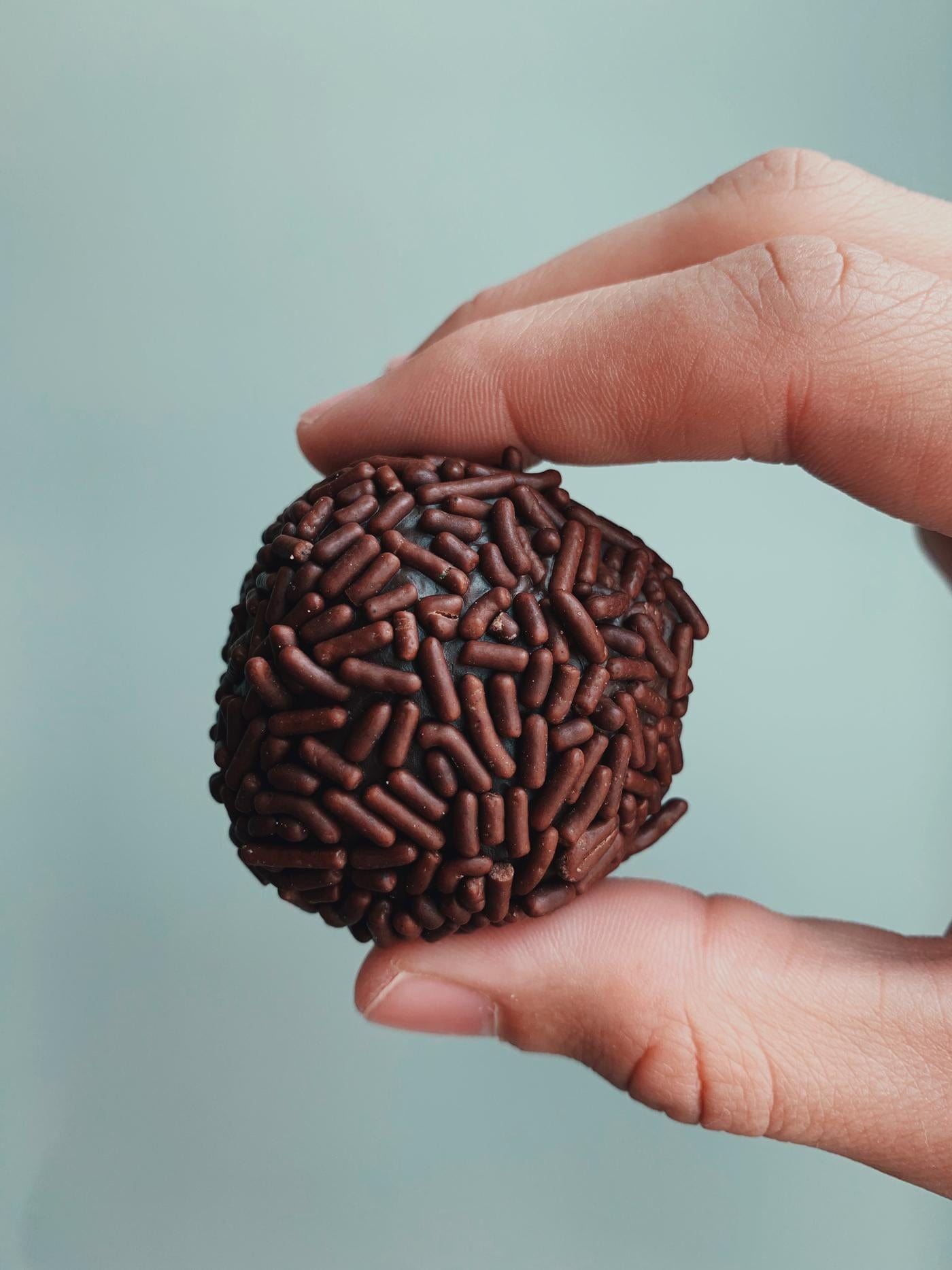
Photo credits: Unsplash 2022